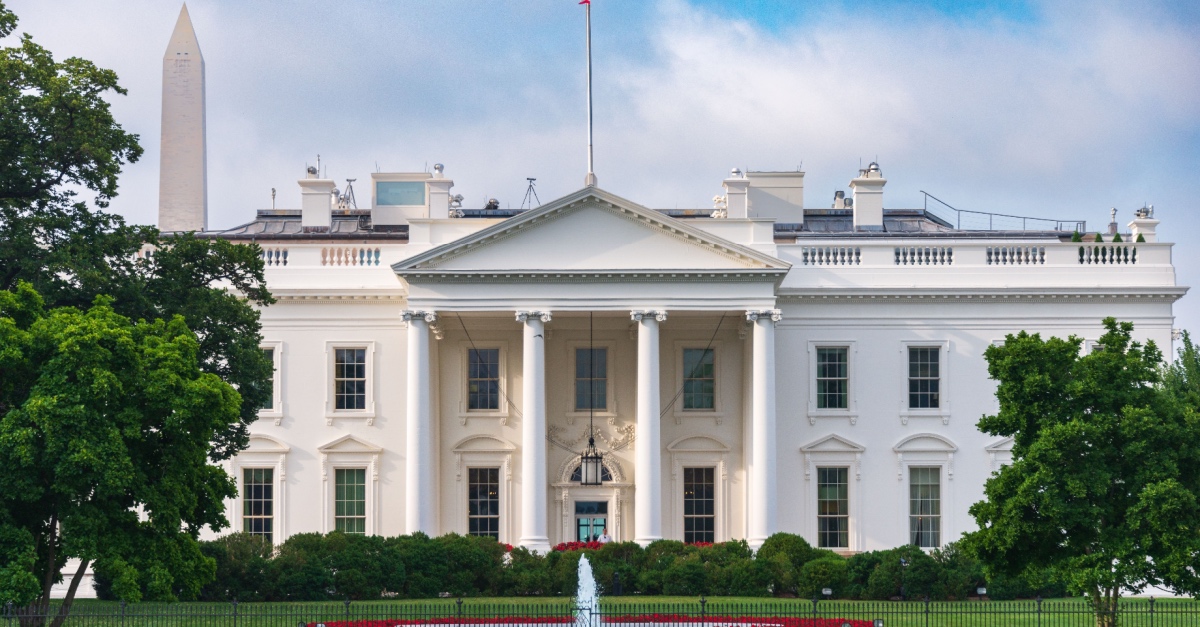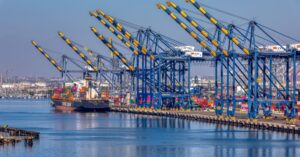Key stakeholders and experts in the freight industry believe that Donald Trump’s re-election will bode well for the industry. They hope the new administration will take the necessary steps to slow the influx of electric truck policies and mandates, giving the entire industry some breathing room. Meanwhile, as 2024 wraps up, ocean freight demand is seeing a boost in demand spurred by the early lunar new year, tariff threats, and labor uncertainty.
Continue reading as we explore the latest innovations and industry insights around the freight world.
Freight Industry & Experts Welcome Trump’s Presidency
Donald Trump’s victory and the incoming administration have left many stakeholders anticipating policy changes favorable to commercial transportation. Key experts and stakeholders in the trucking industry, such as American Trucking Association President Chris Spear, hope that Trump will revisit the EPA’s electric truck rule and implement practical emission standards.
Trump’s second term is expected to address tax, labor, and civil justice reforms and oversee ongoing projects like the Infrastructure Investment and Jobs Act of 2021. Additionally, Republican control of the Senate and the re-election of Senators Ted Cruz and Deb Fischer, who advocate for traditional energy sources and highway safety, will strengthen Trump’s support for his transportation-focused agenda.
Early Lunar New Year, Tariff Threats & Labor Uncertainty Drive Q4 Surge in Ocean Freight Demand
As 2024 ends, the ocean freight industry has seen a massive demand boost spurred on by the early Lunar New Year, potential new tariffs, and labor negotiations. Some industry experts believe that strong pre-Lunar New Year bookings and fears of new tariffs under the newly elected Trump administration are pressuring shippers to expedite imports. West and East Coast U.S. routes will experience reduced sailings in November.
Tariff risks from Trump’s election are prompting companies to accelerate imports, with some retailers anticipating a 20% surge in volumes in the coming months. Additionally, the possibility of a labor strike along the U.S. East and Gulf coasts adds another layer of uncertainty as the deadline for a new dockworker contract approaches on January 15. Spot container rates have recently increased for North Asia to U.S. routes, reflecting this tight market.
Montreal Port Chief Urges Trudeau’s Intervention Amid Longshore Strike Disrupting Container Imports
Julie Gascon, CEO of the Montreal Port Authority, is calling on Canadian Prime Minister Justin Trudeau to mediate the longshore workers’ escalating strike at Montreal’s Termont Terminals. The strike, led by the Canadian Union of Public Employees (CUPE) Local 375, began on October 31 and has seen operations at two terminals halted. 40% of the port’s container capacity has been impacted, and the situation is expected to worsen with compounding logistical challenges in Canada.
The dispute centers on wages, scheduling, and opposition to automation technology that the union argues could threaten jobs. The CUPE rebuffed attempts to negotiate with federal mediation. Support has also come from the U.S.-based International Longshoremen’s Association (ILA), which recently staged a three-day work stoppage on the U.S. East and Gulf coasts, condemning automation as a threat to union jobs. With past interventions in labor disputes, including the recent rail lockout, calls for government action continue to rise as the situation remains at an impasse.
UN Report: Houthis Extort $2 Billion Annually from Shipping in the Red Sea
Reports from the United Nations suggest that extortion on the Red Sea is now a multi-billion dollar industry. The Houthi rebels in Yemen have extorted up to $2 billion annually from shipping companies in exchange for safety from attacks in the Red Sea and Gulf of Aden. The report, brought together by a UN panel of Yemen experts, found that the Houthis collect approximately $180 million monthly from this “tolling” protection scheme. However, the figure remains largely unverified.
Since November 2023, Houthi forces have launched an unprecedented number of attacks on vessels from all nations, totaling over 130 attacks. The attacks have disrupted the vital global trade route between Asia, the Mediterranean, and North America, prompting many shipping companies to reroute via the Cape of Good Hope, adding time and costs to their operations. The study also noted the Houthis’ unprecedented scale of military support, financing, and collaboration across various terrorist and smuggling networks.
U.S. Bank Report: Slow Recovery Expected for Trucking Shipments and Spending
A recent U.S. Bank report shows that Q3 shipments and spending in the U.S. trucking industry declined by 21% year over year, signaling a prolonged and dreaded recovery ahead. However, the rate of decline has slowed because shipment volumes dropped 1.9%, and spending fell 1.4% compared to Q2. The decline suggests that the market may be stabilizing.
The shipment index, which has been falling since Q2 2022, saw its smallest quarterly decline in over a year. However, industry opinions are mixed. New contract renewal rates showed a 0.9% rise, hinting at possible growth for carriers. Yet, spot rates remain below contract rates, particularly in dry van shipping. Inflation impacts are also felt in certain segments, though reefer and flatbed remain unaffected.
Navigate Shipping Freight With COGISTICS Transportation
COGISTICS Transportation stands out with its customer-centric approach, deep industry knowledge, and commitment to innovative, eco-friendly solutions. We transform logistics challenges from air, land, and ocean operations into strategic advantages around the clock and worldwide. Whether consolidating shipments or pushing expedited freight, you can trust COGISTICS Transportation’s 3PL solutions to have your back. Book a meeting with us today.




